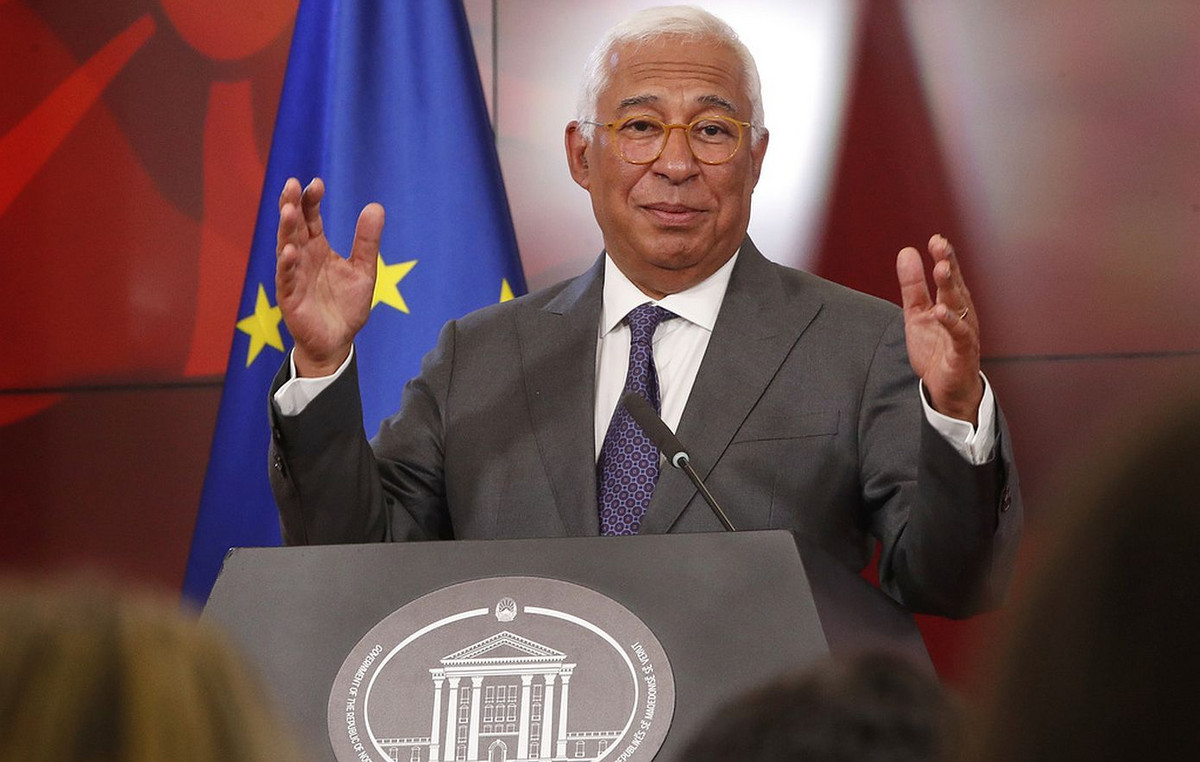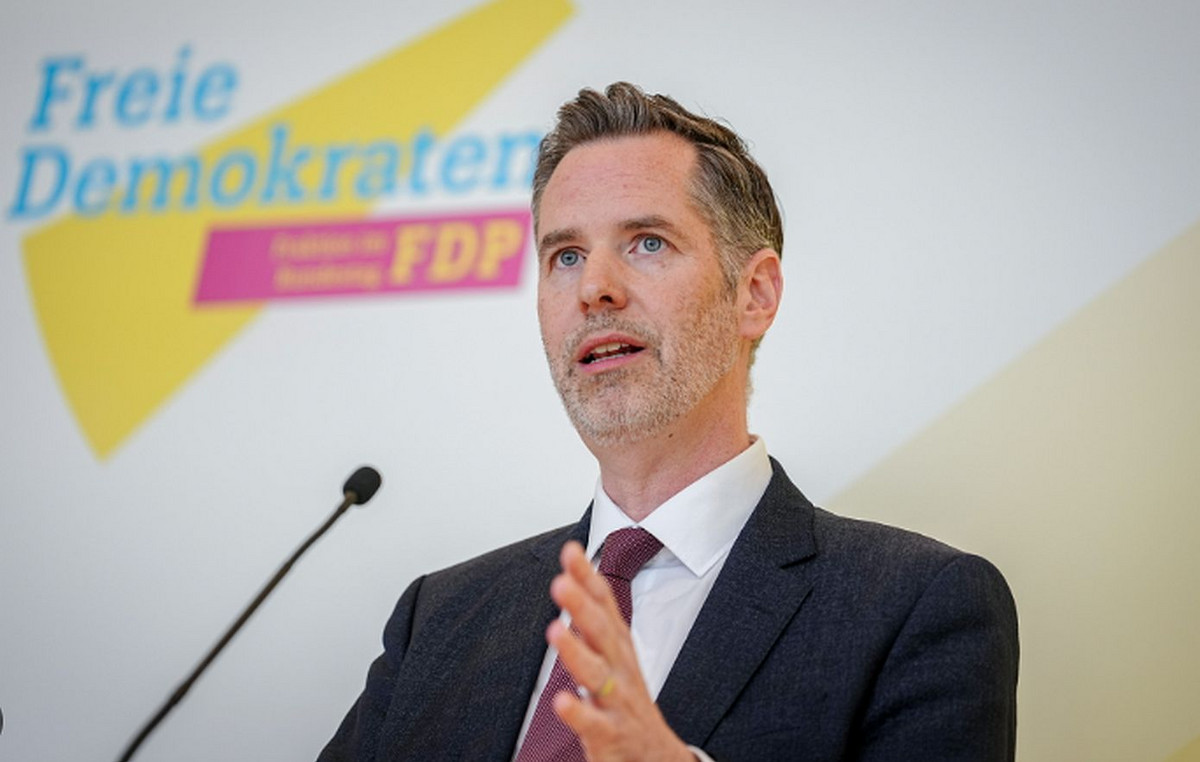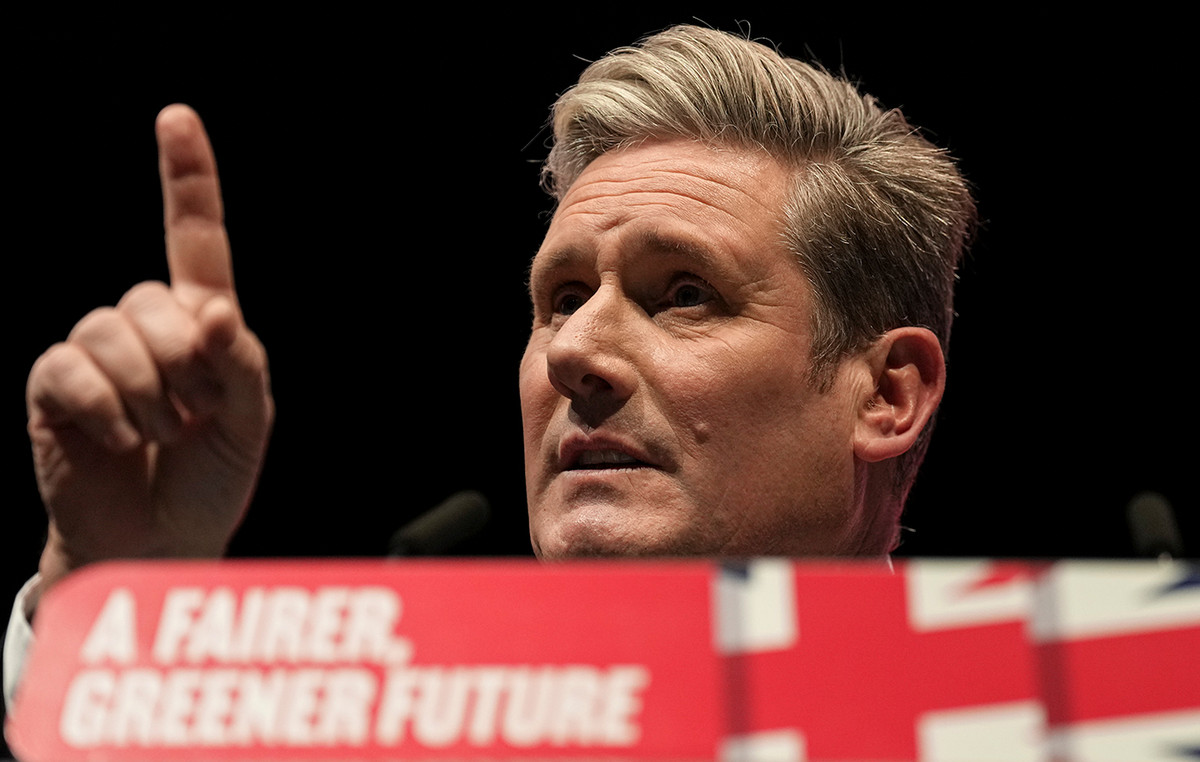By Bobby Ghosh
It’s not hard to guess why Vladimir Putin’s trip to Tehran was announced just as Joe Biden was arriving in Jerusalem and Jeddah. The Russian president is likely nostalgic for the time when the occupants of the White House and the Kremlin were treated as equals across the Middle East and North Africa. In reality, however, it can only hope for superpower status for Russia through partnerships and synergies.
The illusion that Putin’s trips are as important as Biden’s cannot rest on his meetings with Iran’s Supreme Leader Ali Khamenei and fellow guest in Tehran, Turkish President Recep Tayyip Erdogan.
Reduced stature
If anything, Putin’s war in Ukraine has reduced his country’s stature in the region. Instead of offering solutions to geopolitical, economic, and security problems created by US disengagement, Russia is now a source of new crises.
Growing grain shortages and food price inflation in poorer Arab countries are a direct consequence of Putin’s bellicose aggression. His continued support for Iran, despite Iran’s ongoing flirtation with nuclear weapons, is a source of frustration for Israel and the Gulf Arab states, which are threatened by the Tehran regime.
Not that the Iranians are feeling particularly grateful right now: Russia is cutting Iranian oil exports to China while exporting its own.
Meanwhile, the poor performance of Putin’s forces on the battlefield is hardly reassuring to those who receive their military supplies from Moscow. It will not have escaped the attention of arms buyers from India to China to sub-Saharan Africa that Russia has reached Iran’s pursuit of drones.
If it was once shameful for Biden to give a fist salute to the Saudi crown prince, whom he once vowed to make a “pariah,” it is even more shameful for Putin to ask for arms from a regime that is truly an international pariah.
Unlike the US president, the Russian leader can rely on “disciplined” media power at home in order to get away easily in his embarrassing moments. But that is little consolation for a man who compares himself to Peter the Great, the tsar who inflicted military humiliation on Iran’s Safavid empire in the 18th century.
Slashed ambitions
If Biden’s ambitions for his trip to the Middle East were limited to persuading Saudi Arabia to pump more oil out of the ground, Putin’s goal is, commensurate with his lower status, even more humble. It hopes to protect the delicate balance of power in Syria, where Russia, Iran and Turkey maintain military forces and support rival camps.
With his forces already close to their limits from the war in Ukraine, Putin cannot afford a disruption in the Syrian balance, which may require him to invest more military resources in the Arab country. But Erdogan is threatening to expand the Turkish sphere of influence by launching a new incursion into northern Syria, ostensibly against Kurdish groups.
Iran’s Khamenei is also opposed to any Turkish expansion into Syria. But he and Putin will struggle to find common ground with Erdogan, who is in the midst of a re-election campaign and desperately needs wins abroad to offset his growing economic woes at home.
Biden knows what that condition is like, having recently faced the Turkish leader’s intransigence over allowing Sweden and Finland to join NATO. Having finally joined the general consensus within the North Atlantic alliance, Erdogan is again threatening to freeze expansion.
If he has the traditional Russian appreciation for irony, Putin might think that the only thing he has in common with his American counterpart is a problem called Erdogan. But the parallels between them end there.
Source: Bloomberg
I’m Ava Paul, an experienced news website author with a special focus on the entertainment section. Over the past five years, I have worked in various positions of media and communication at World Stock Market. My experience has given me extensive knowledge in writing, editing, researching and reporting on stories related to the entertainment industry.







